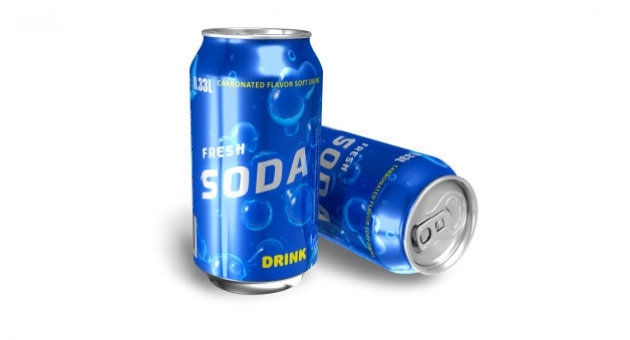Diet beverages might play a positive role in weight loss, study finds

Diet or zero-calorie beverages might play a positive role in weight loss when consumed as a part of a behavioral weight-loss program, according to a new study involving researchers from the Center for Obesity Research and Education (CORE) at Temple University.
Published in the June 2014 issue of Obesity, “The Effects of Water and Non-Nutritive Sweetened Beverages on Weight Loss During a 12-week Weight Loss Treatment Program” was conducted simultaneously by researchers at CORE and the University of Colorado’s Anschutz Health and Wellness Center in Aurora.
For the study, 303 participants—153 at Temple—were randomly assigned to one of two groups: those who were allowed to drink diet beverages such as diet sodas, teas and flavored waters (beverages that included a non-nutritive sweetener), or those in a control group that drank only water. With the exception of beverage options, both groups followed an identical diet and exercise program for the duration of the study. (The Food and Drug Administration defines diet or zero-calorie drinks as those having five or fewer calories per 8-ounce serving.)
“Though both the diet-beverage and water groups lost weight at the end of the 12-week period, we found that the diet beverage group lost more weight than the water group,” said Sharon Herring, MED ’02, assistant professor of medicine and public health at Temple, who collected the Temple data. “Average weight loss among participants in the diet-beverage group was 13 pounds, whereas participants in the water group lost 9 pounds.”
But more significantly, noted Herring—also a board-certified internist who specializes in obesity medicine—64 percent of participants in the diet-beverage group lost at least 5 percent of their initial body weight at the end of the 12 weeks, compared to only 44 percent of participants in the water group. “Five percent weight loss is clinically significant: It has been shown to help prevent diabetes and improve blood-pressure control,” she said.
"Our findings suggest that drinking diet beverages will not impede weight-loss efforts of dieters who are participating in a behavioral weight-loss program or working with their physician to lose weight,” Herring said. “In fact, diet beverages may potentially aid in weight loss, because our study showed that dieters who consumed diet drinks were less hungry than those in the water-only group.”
“There’s so much misinformation about diet beverages that isn’t based on studies designed to test cause and effect, especially on the internet,” said John C. Peters, co-author of the study and chief strategy officer of the Anschutz Health and Wellness Center at University of Colorado. “This research allows dieters to feel confident that low- and no-calorie sweetened beverages can play an important and helpful role as a part of an effective and comprehensive weight-loss strategy.”
The study was supported by the American Beverage Association, a trade association in Washington, D.C. Neither that organization nor any of its members was involved in any part of the study, its analysis or the writing of the Obesity paper.
Note: Copies of this study are available to working journalists and may be obtained by contacting Preston M. Moretz, science writer in Temple’s Office of Strategic Marketing and Communications, at pmoretz@temple.edu.